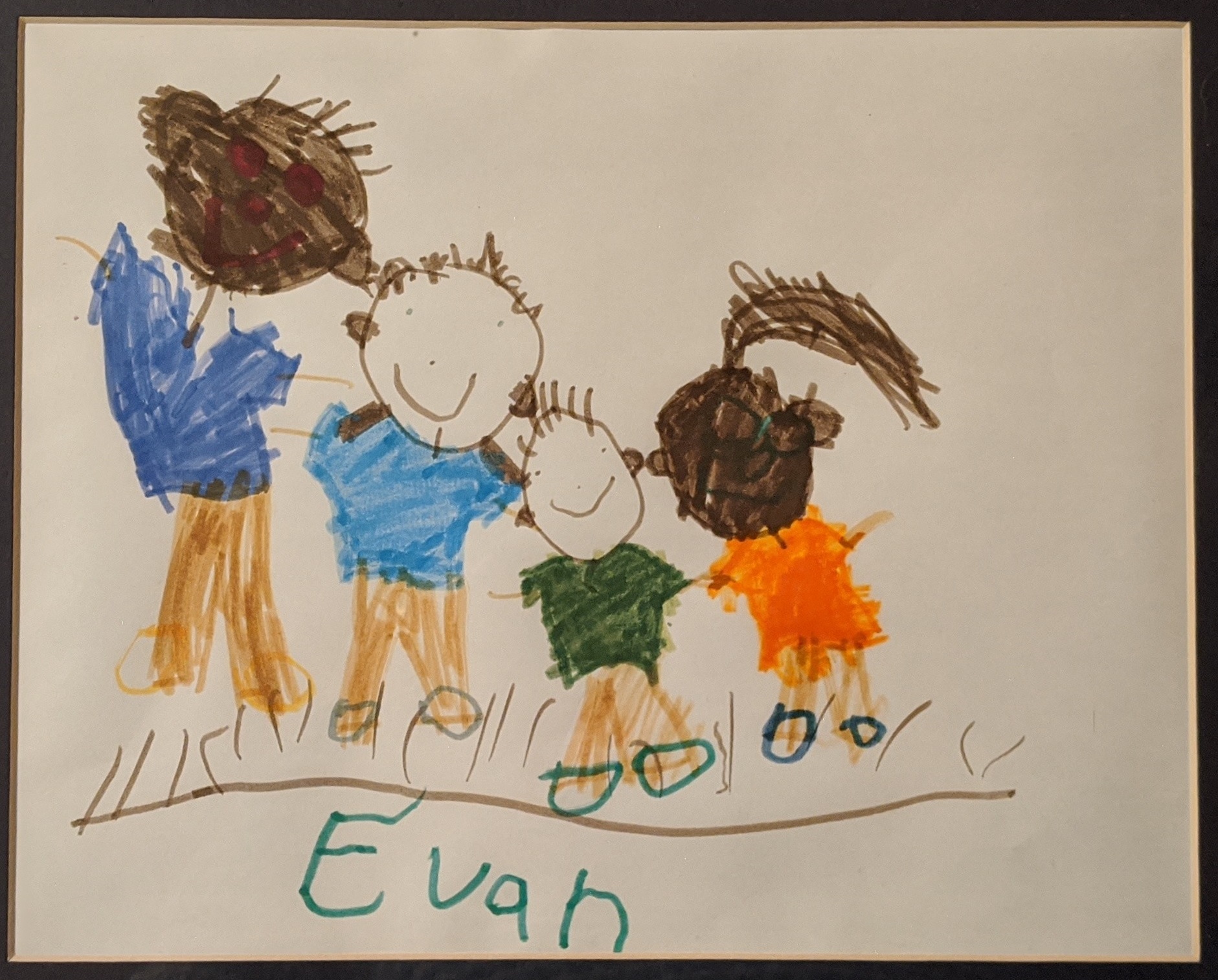The Joy of Giving
Written by Julie Bisnath, BSW, RSW
Gift-giving is a tradition as old as time with widespread customs and rituals. It has long been studied by anthropologists, sociologists, psychologists, economists, and the like, who have found it to be “a surprisingly complex and important part of human interaction, helping to define relationships and strengthen bonds with family and friends” (www.nytimes.com/2007/12/11/health/11well.html).
Presents, gifts, and offerings, are associated with many religious holidays (Christmas, Hanukkah, Diwali, Ramadan, Kwanzaa, etc.), special occasions (Valentine’s Day, Mother’s Day, Father’s Day, etc.), and personal celebrations (birthdays, marriages, graduations, etc.). It’s no wonder then that this social construct is so prevalent and pervasive. Gift-giving to show love, affection, and appreciation is rooted in our most basic instincts (even animals have been known to present to one another offerings of food, entertainment, or grooming—check out this article for a fascinating read) and is embedded within our values of generosity, hospitality, humility, respect, altruism, and kindness. As nice as it is to receive a gift, we all know that the real joy is in the giving: the anticipation, the reaction, and the connection associated with that special interaction.
Still, the question remains: what to give?
As true for home childcare providers as anywhere else, the search for “just the right thing” can be a bit overwhelming. The children you care for, and their families, are a huge part of your life. While not expected, wanting to give parents a little card or gift from their child is a thoughtful way to express just how important and valued they are. Having the children be a part of the making or creating includes them in this process and also teaches them about the importance of thinking about others (developing empathy), the significance in showing appreciation, the beauty of altruism, the joy of giving (with no expectation to receive), and the element of surprise.
Here are some ideas to consider:
- Gifts do not need to be elaborate or costly—a simple card with a sincere note makes a beautiful, heartfelt gift. Have the child make the card from art they’ve created.
- Giving food or special treats made with the children is a tasty way to show appreciation.
- Use a piece of the child’s process art to create a print for their parent. Pair it with an action photo of the child creating the actual piece.

- Plant a seed or grow a plant together with each child to give to families—a symbolic gift of growth and nurturing.
- Photograph the child doing something they love (art, sensory, building with blocks, playing outside, reading, dramatic play, etc.). Print out a few and have the child make a photo collage.
- Throughout the year jot down funny things the children say or special things that you notice and compile them for families—i.e. “Things I Love About James”, “Yasmine Makes Me Smile When…”, or “Nico’s Top 10 Funniest Comments”
- For slightly older preschoolers ask them some questions and record their answers (by hand or maybe a little video) to present to their parent:
- Questions about themselves: their age, eye colour, favourite food, song, etc., what they want to be when they grow up…
- Questions about their parent: Mommy’s favourite movie, Dad’s favourite game, occupation, age, favourite pizza topping/ice cream etc.
- Fingerprint/handprint/footprint art is always special—try to maximize the child’s involvement—maybe you help them to make a handprint on one side and then let them uses their hands and fingers on the other side to create their own art. Salt dough is another great way to capture a tiny finger or handprint.
- Again, for slightly older preschoolers or kinders—have them draw their own family portraits to give as gifts. Here is our family portrait drawn by my son:

Many years later, it is still framed and up on the wall ♥
- Photograph “a day in the life” of each child (playing, eating, napping, circle time, and other various moments throughout the day) have the child make a photo collage.
- Involve the children and invite the families in for a special visiting/social time during the last hour of childcare (or whenever works best)—create invitations, have the children help decorate and set up, bake together, etc. Help the children to understand that this is a special event for their parents. This gift also provides a lovely opportunity for families to get to know one another outside of the drop off/pick up rush. Give parents lots of notice and emphasize the importance of their participation.
“The best and most beautiful things in the world cannot be seen or even touched— they must be felt with the heart.” –Helen Keller
A sincere expression of love and appreciation always makes for the best gift ♥
